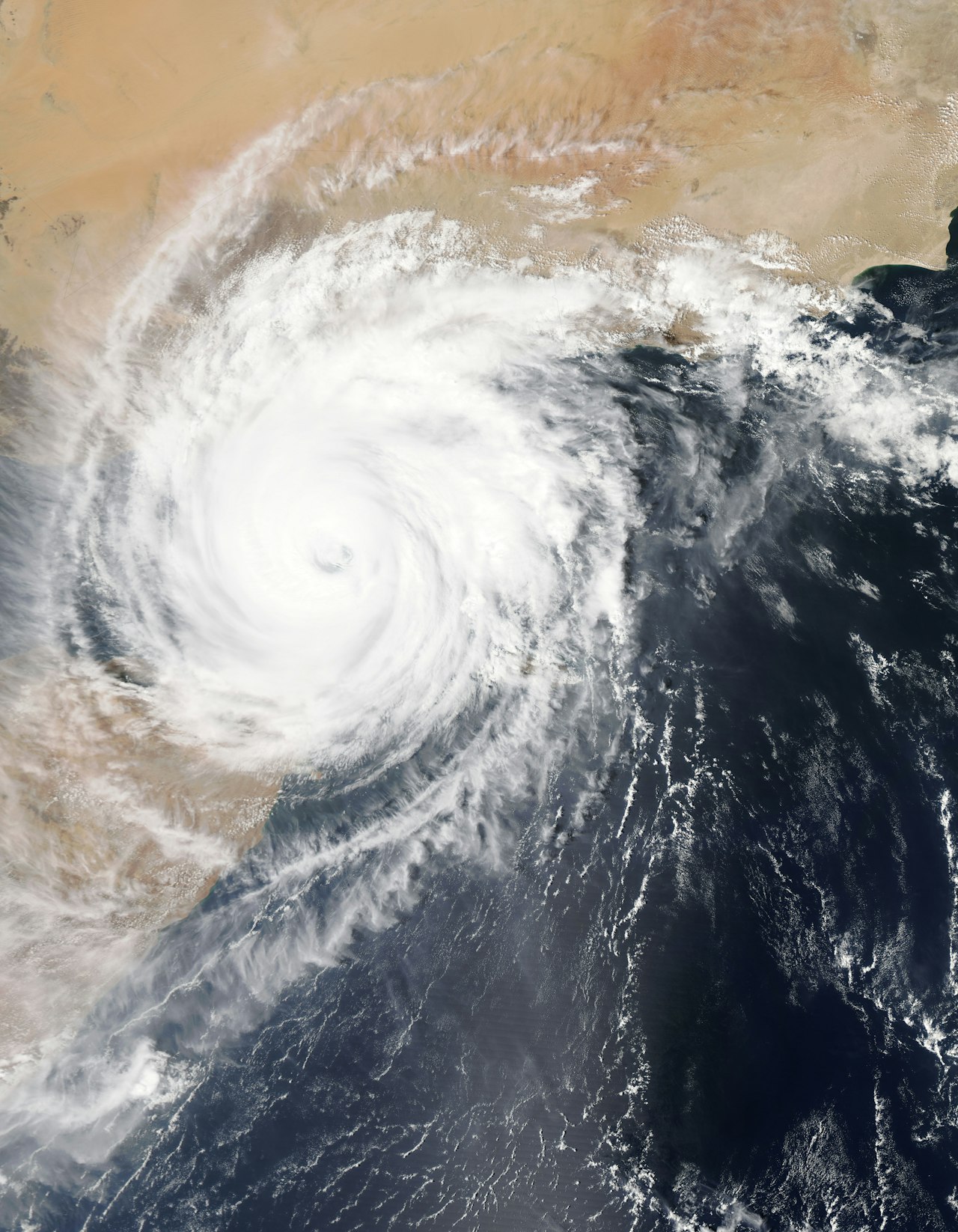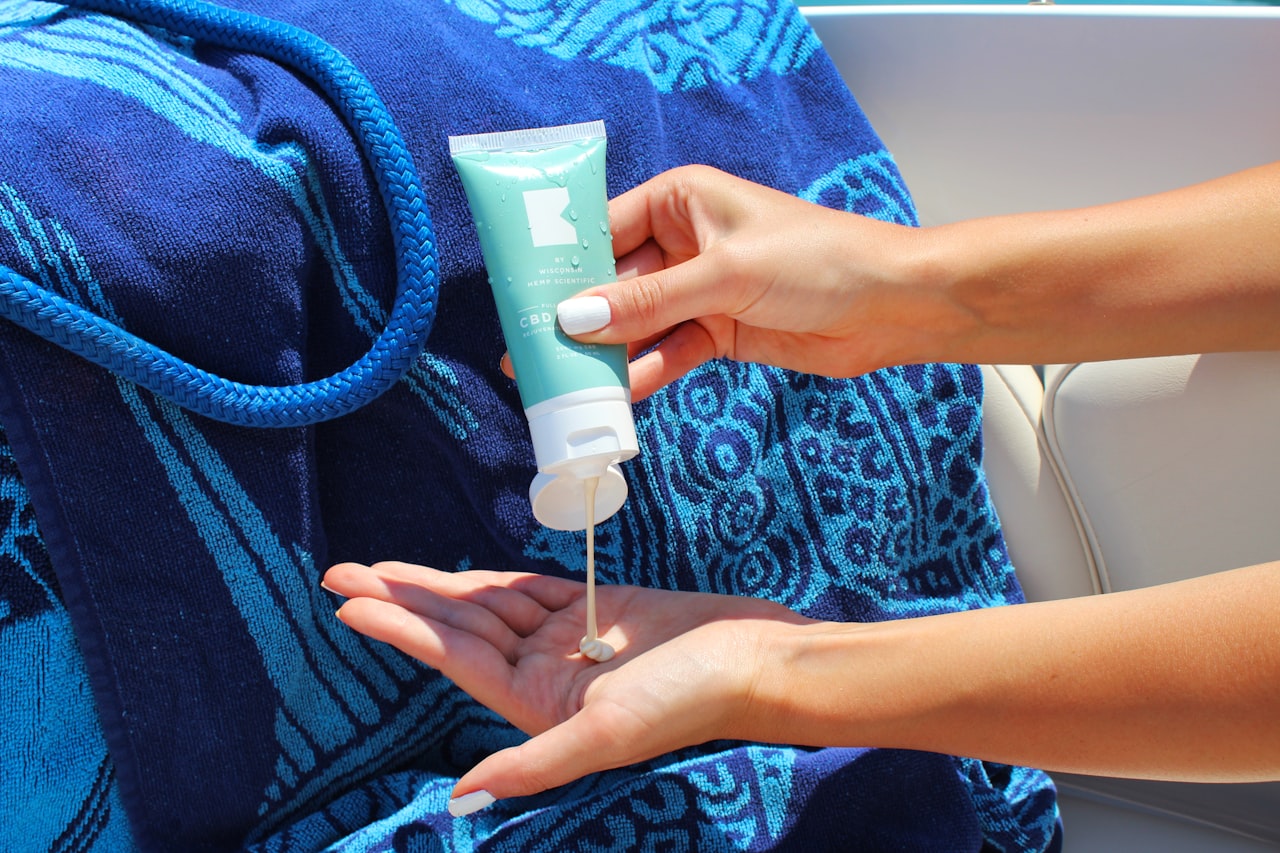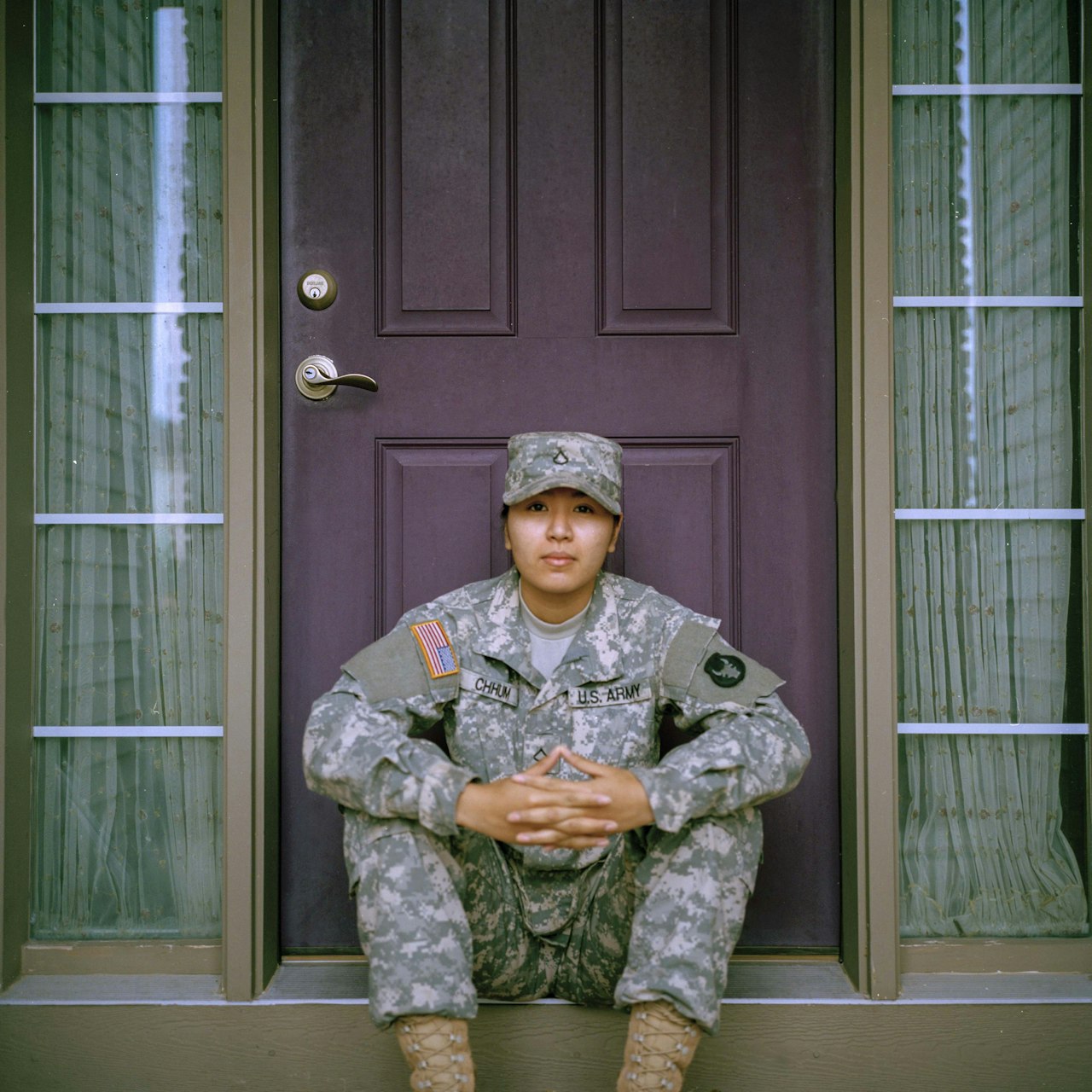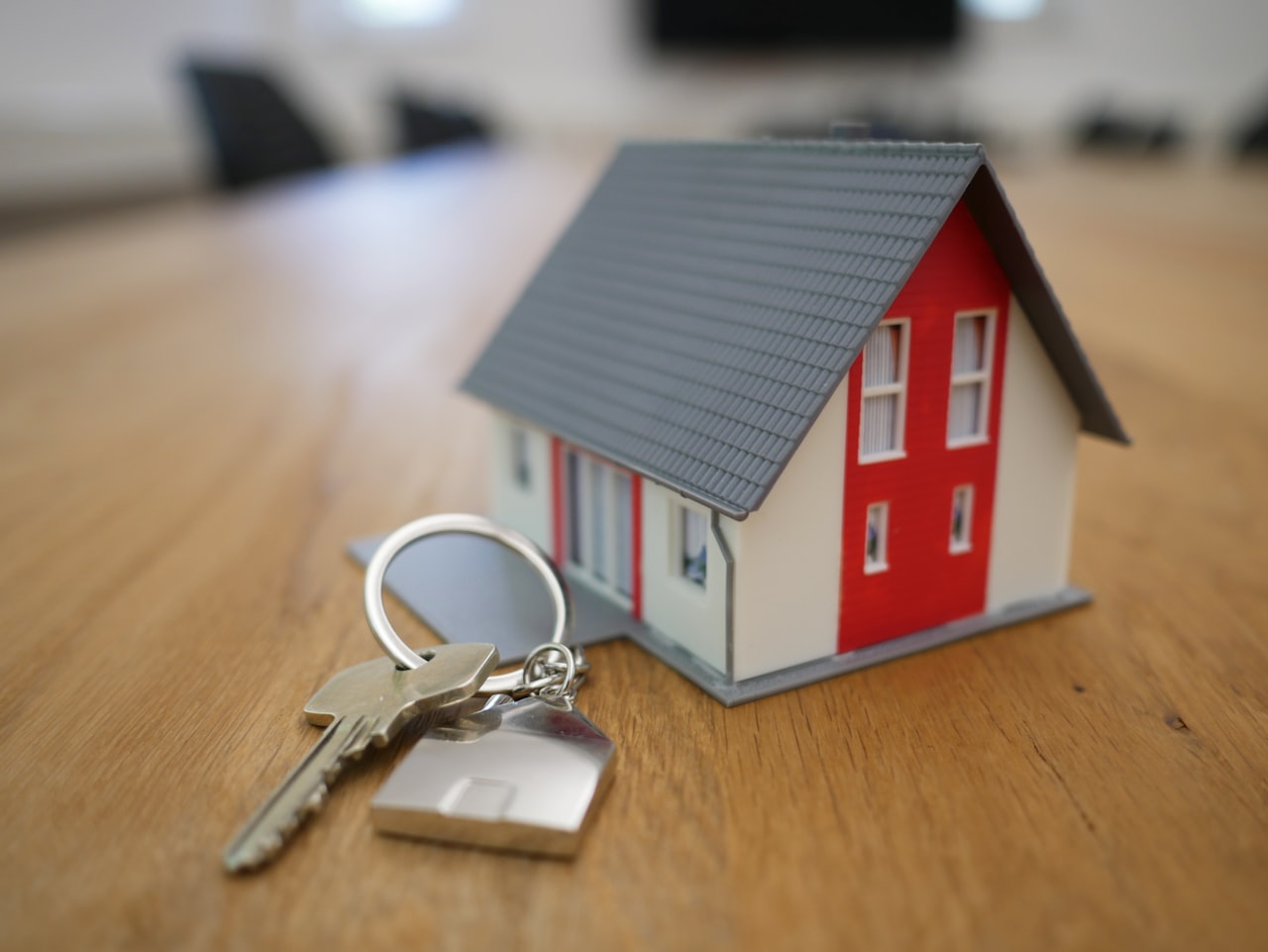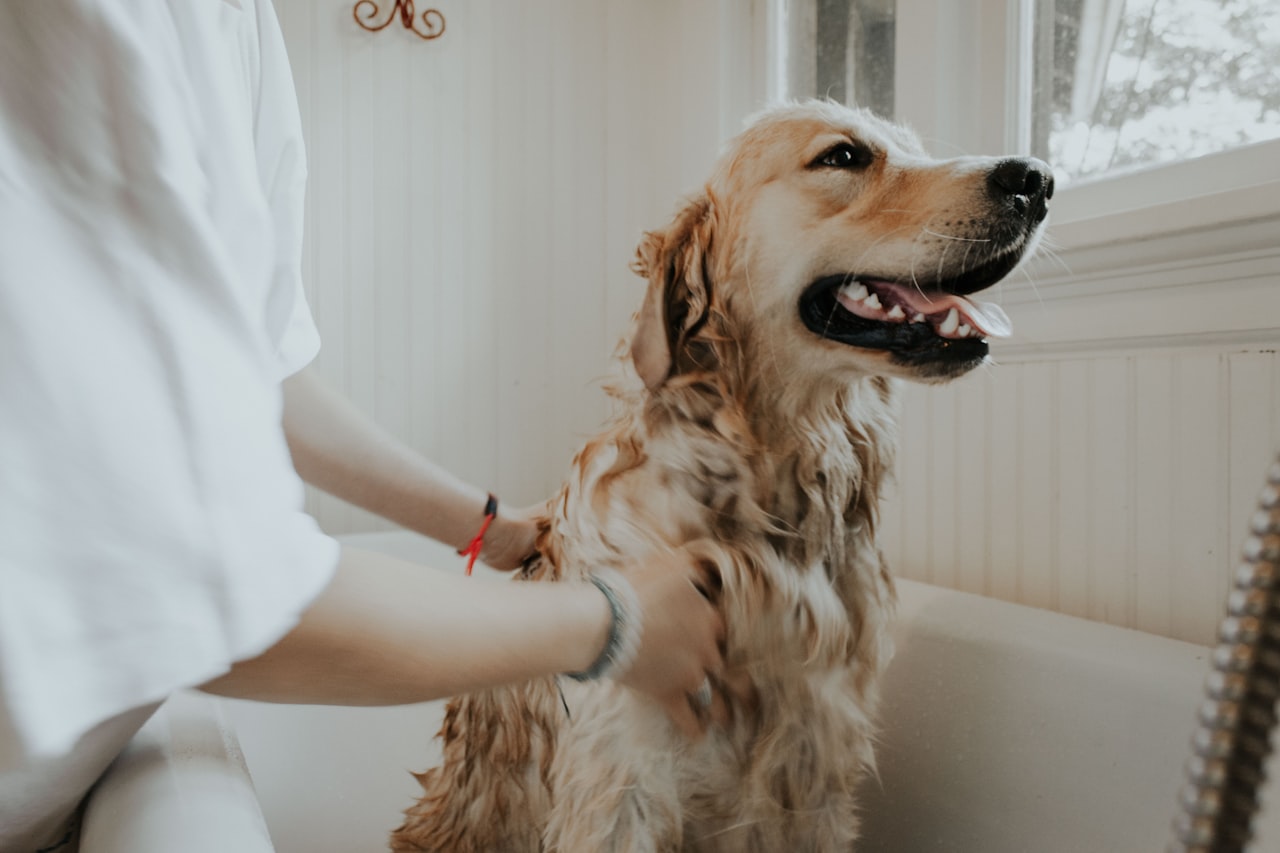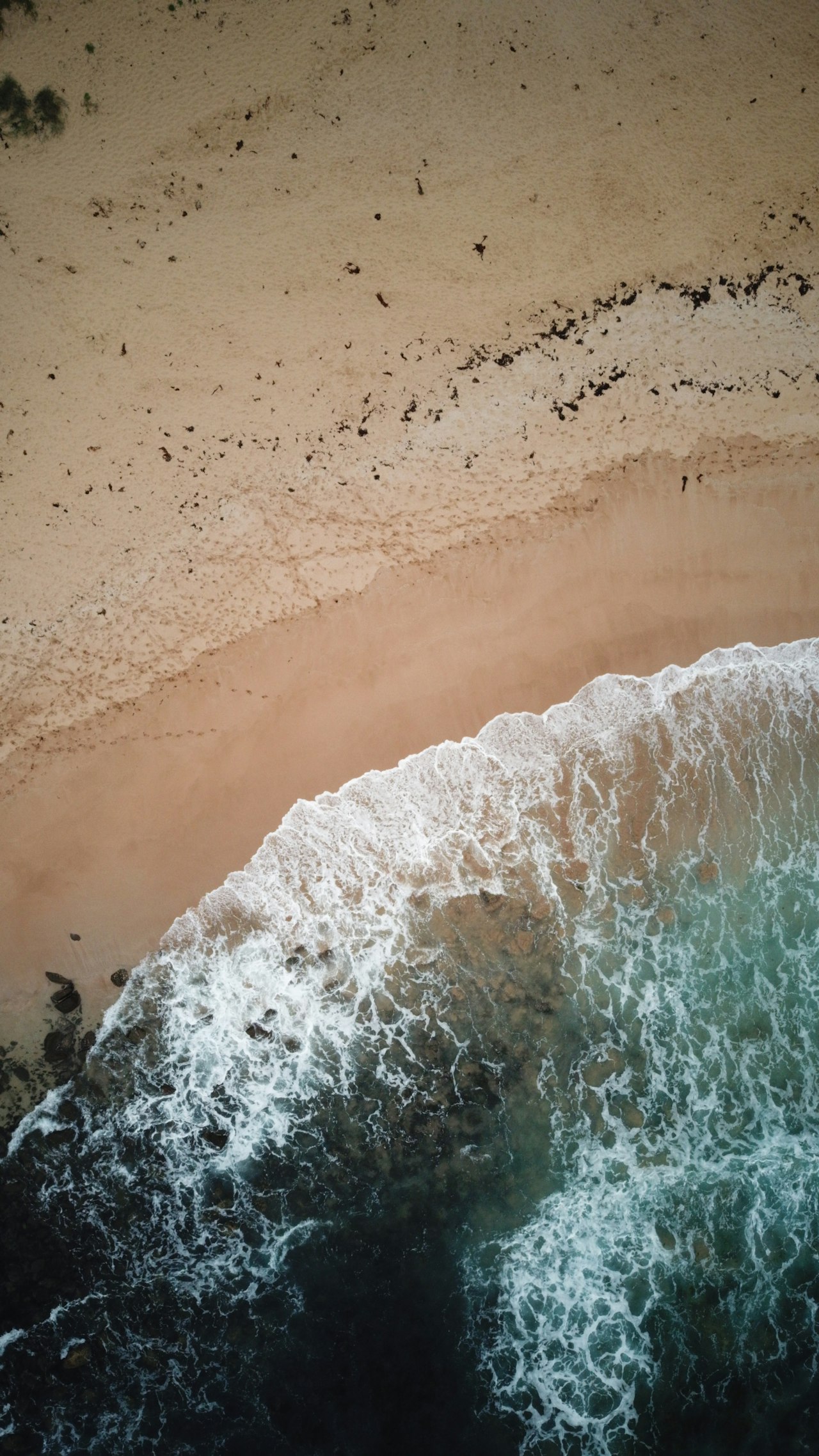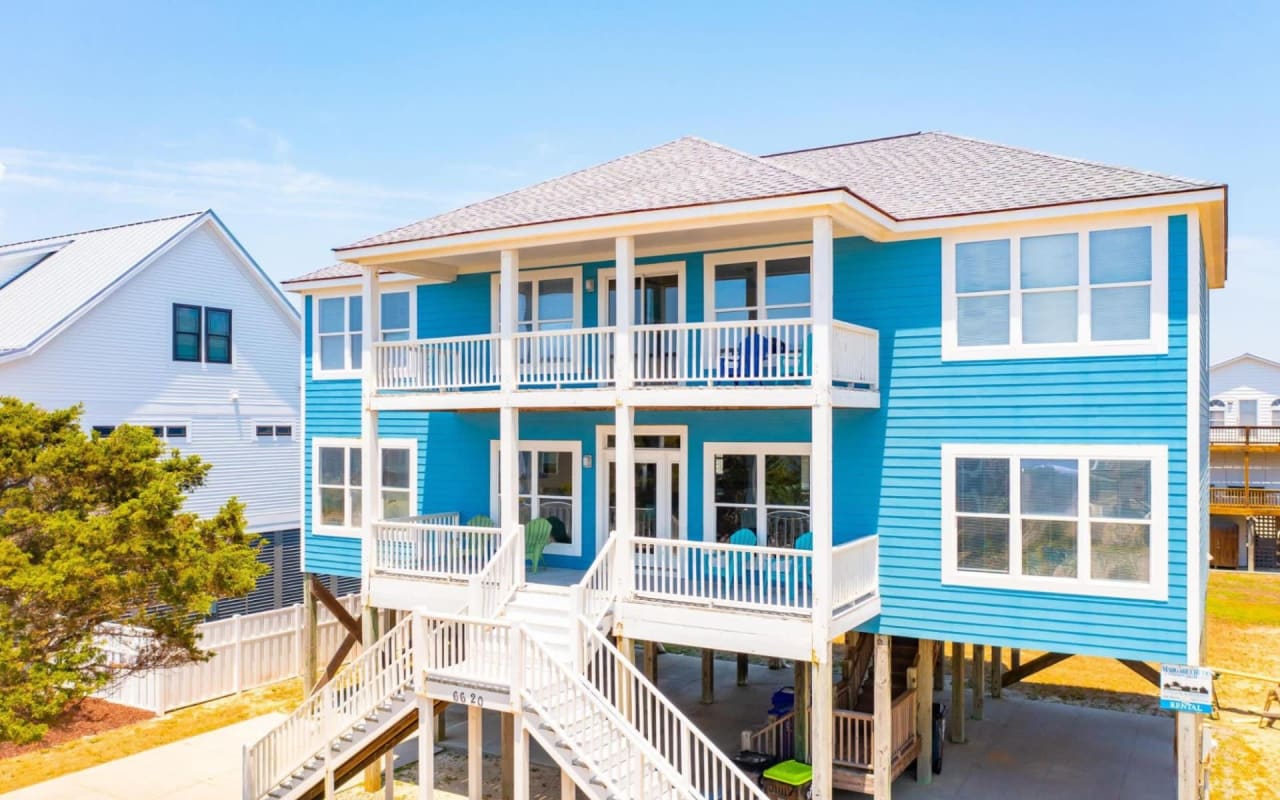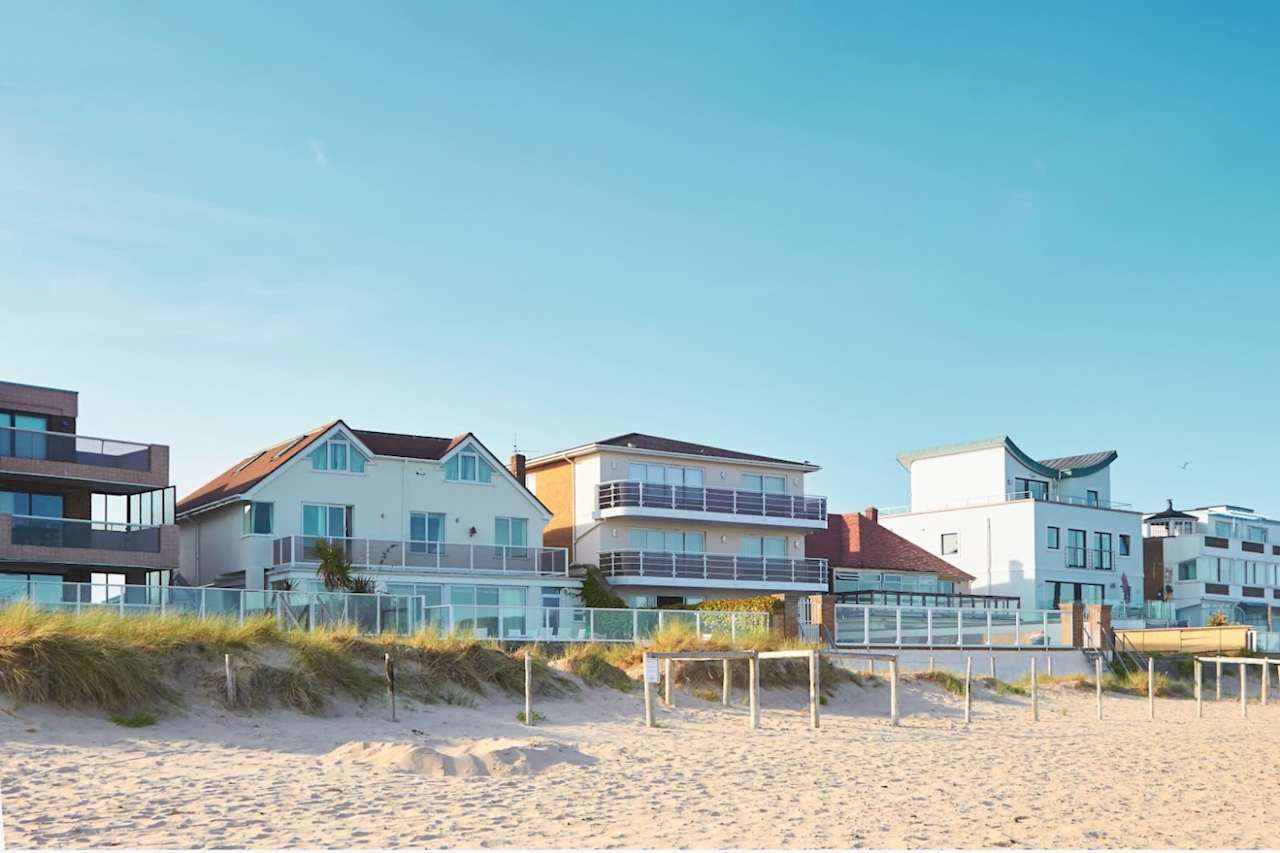While living by the water is THE BEST, it can also come with unpredictable weather. The North Carolina pro hockey team is literally named the Hurricanes, so what can we expect ;) Owning or renting a home during hurricane season (June 1 to November 30) can be a little stressful if you’re not prepared for high winds, flooding, power outages, and more. I compiled this comprehensive hurricane preparation guide outline covering exterior and interior safety, general tips, as well as a suggested emergency preparedness kit to help keep you safe this hurricane season!
EXTERIOR HOME SAFETY
-Inspect your home's exterior. If extreme wind or water can penetrate it or rip it off, get it fixed, repaired, or replaced. This includes: siding, Hardie Board, trim, soffit, built-in benches, gutters, etc
-Put extra locks at the top & bottom inside of your doors to keep the wind from blowing them in
-Check your weatherstripping and replace/add any to help keep water out
-If your home gets water around the door when it rains sideways here, look into storm doors with a lip that covers the crack between the storm door and jamb. Larson Tradewinds does this.
LAWN & TREE SAFETY
-If you have trees around your yard, or over your house and property, trim any dead or diseased parts, and remove weak limbs. Have them checked by a specialist if you are unsure.
-If you have a fence, garbage caddy, or other outside structures, check that they are sturdy and secure
-If you have trees or bushes right up against your house, check that no parts of them will go through your windows during severe high winds. If so, trim or remove them.
INTERIOR SAFETY
-Put your mattresses in waterproof, bug-proof zippered mattress bags. Use a waterproof mattress cover. This can protect your furniture should your walls or windows be compromised.
-Yes things can be washed, but if you don’t get electricity for a week or two, anything wet will get mold and mildew on it if not dried quickly. Protect what you can unless you just want to replace it all.
-Test your generator! Get a tune-up. Make sure it starts and you know how to start it. Also that you have the things you might need to fix it yourself in an emergency. Oil, spark plugs, starting
fluid, etc & make sure you have the correct extension cords.
GENERAL TIPS
-Take and document an inventory of your house, garage, etc. Use video, pictures, etc. Save the list on your phone, in the cloud, or somewhere safe off-site.
-Know your escape route. From rooms in your house, from your house to a shelter or safe place, and make sure everyone in your house knows this. Also know where you will all go, meet and communicate. Make sure EVERYONE knows this! Now is a good time to memorize phone numbers, etc that we store in our phones and take for granted will be there when we need them
(therefore not requiring us to recall from memory).
-Make a bin of your most important documents. If you aren’t storing them in a safety deposit box, or somewhere else off-site that is safe from inclement weather, put them all in a bin you can grab and take with you! Keep your purse, keys, meds, and a packed suitcase ready for quick grab-and-go’s.
-Have your insurance company’s phone number handy. Have your insurance policy info handy.
-Know where you could go if your home was destroyed. Make plans AHEAD of time to stay with friends or family. Get a list of all Hotels, Airbnb places, and all other possible places to stay before, during, and after the storm. Especially if you have to find a new place to live. Before and after a storm there is limited to no availability, depending on the extent of the damage to your area and all other impacted areas
- Make sure your gas tanks are full and everything is fully charged!
- Do a trial run. You bought the generator to run your fridge and some lights and a fan. Test them! Make sure it will actually work. And the cords you bought may be defective. You won't know until you try everything! You may even want backups.
IF YOU’RE EVACUATING
- If you choose to leave your home, You can store your possessions organized and labeled in bins so that should you decide to evacuate, you can easily and efficiently grab the things that can't be replaced and load the bins into your car, truck, van or trailer. Things like furniture can be replaced. Leave them. Make sure your insurance policy is enough to cover that. And KNOW which bins you would want to take and know how many your vehicle(s) can accommodate. You don’t want to have to decide in the heat of the moment whether to leave your family tree research or the quilts Grandma made you.
- Make sure you know several routes to your home from where you stayed during the storm. Rains may continue days after the storm has passed and roads will continue to flash flood randomly along planned routes.
- Secure your house as best you can. If possible, relocated valuables to another location should your home be looted in the aftermath.
IMMEDIATELY BEFORE A HURRICANE
- Secure your outside things, or bring them inside or in the shed so they don’t become flying projectiles through your windows/doors. (Think garbage and recycling bins, flower pots, wind chimes, bird houses, squirrel feeders, outside decorations, flags, brooms, door mats, hammocks, hanging plants, etc.
- If you have a wood pile, you will possibly need to tarp and strap it to the ground if you can't relocate or bury
- If you have a swimming pool, remove covers and secure all pool equipment and furniture
- Secure all gates and doors
- Fill your bathtub with water for flushing toilets, etc.
- Fill containers with water for brushing teeth, washing off, etc.
- Have plenty of drinking water
- Make a LOT of ice and also fill coolers with it. Make sure it’s in containers that will hold water without leaking should the electricity be off for an extended time. Freeze water bottles, milk jugs of water, etc to make your freezer stay cold long after the electricity has been turned off. Use coolers to store food, drinks, and medicine.
- Fill your gas tank in your car. If your car battery ends up submerged, DO NOT PARK it under your house, if possible! Disconnect the battery from your car as soon as possible. They can and will catch on fire and burn, and they will burn everything near them. There may even be an explosion.
- You can take pictures/decorations off walls and put them under your beds or stacked somewhere so they don’t fall off and break, getting glass everywhere and possibly injuring someone. Houses on piling move. They move extra during storms.
AFTER THE STORM
- Make sure your family and friends know you’re okay and check on your neighbors!
- Inspect your home as soon as possible. Make sure you have the correct, required documentation to enter your county, city, island, etc. There may be roadblocks restricting or inhibiting access to the area your home is in. If you need a Resident or Owner Sticker, get one ahead of time! You will likely need a tax bill, utility bill, driver's license, etc.
- If you need emergency assistance, call as soon as you can. If that’s during a storm, it is unlikely anyone will be able to come. If there was a mandatory evacuation and you stay, you will NOT receive ANY emergency services. You give up that right by staying.
- Be careful. Floods bring EVERYTHING to your home: boards with nails in them, knives, screws, broken dishes/glasses, etc. There is also bacteria in the water so wear gloves and stay out of the flood water.
- Take photos and videos of the damage and contact your insurance company ASAP! They will likely schedule an Adjuster to come to your home for inspection and pics and an analysis of the damage.
Remember to have a Hurricane Safety Kit and Supply List always on the ready and easily accessible for the worst of times.
Did you find this helpful? Let me know in the comments!
Stay safe Coastal Carolinians,
Jenna
